Food and Shelter
Explore Gallup's research.
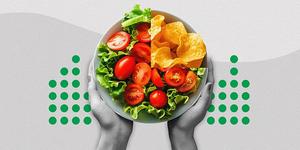
Although people worldwide were less satisfied with aspects of their eating experiences in 2023 than in 2022, most continued to enjoy their food and say it was healthy.

Ahead of the DRC's scheduled election on Dec. 20, Gallup data paint a picture of widespread vulnerability, health problems and negative experiences.
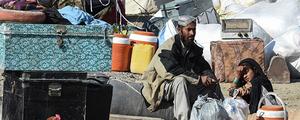
As thousands of Afghans are forced to cross the border from Pakistan, they enter an economy where millions are unable to afford food and shelter.
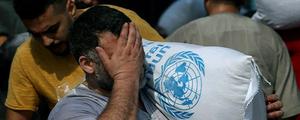
Surveys conducted in the Palestinian Territories before the Israel-Hamas war show the majority of Palestinians living in Gaza struggled to afford food.
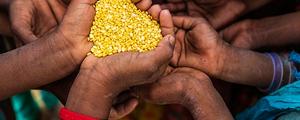
The "State of Food Security and Nutrition in the World" report shows global hunger stopped rising in 2022 but is still above pre-pandemic levels.

As Sri Lanka passes the one-year anniversary of massive civil unrest that toppled President Gotabaya Rajapaksa, Gallup surveys show a nation still in crisis.

Sierra Leoneans head to the election polls this weekend less satisfied with their living standards than they have been in over a decade.
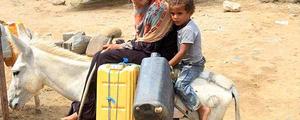
Gallup's first survey of war-torn Yemen in two years reveals that a record-high 71% of Yemenis were unable to afford food in 2022. Most in the country are struggling to get by on their income.
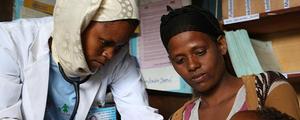
As Ethiopians emerge from two years of conflict, Gallup surveys show residents are grimmer than they have been in years. Record numbers are struggling to afford food, life evaluations are down, and worry is up.
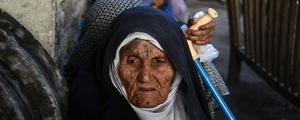
After one year under the Taliban's rule, 90% of Afghans are struggling to get by on their household incomes, and almost as many (86%) have been unable to afford food.

Afghans' lives are more miserable now than they were when the Taliban took over last year, and they've lost hope that their future will be any better.
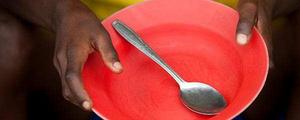
The world's goal of achieving "zero hunger" by 2030 is even more unlikely, according to the latest State of Food Security and Nutrition in the World report.

Ahead of what's expected to be a close presidential race in Kenya, Gallup surveys show Kenyans lack faith in the honesty of their elections and are struggling to afford the basics.
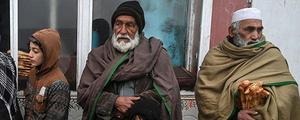
Economic conditions in Afghanistan were bleak as the Taliban took control, with 87% of Afghans struggling to get by on their current household income.

Gallup surveys conducted as the Taliban completed their takeover of Afghanistan in 2021 showed the percentage of Afghans who said women in their country were treated with respect and dignity dropped to a record low of 31%.
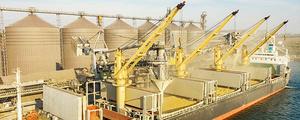
Russia and Ukraine are major grain exporters, and the war between them will likely result in interruptions of supplies and increased food prices. For many countries around the globe, this may result in increased political instability.
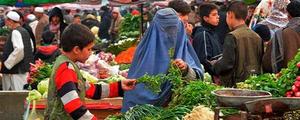
Afghanistan's new Taliban government faces an early test as a humanitarian crisis lurks on the horizon.

The latest "State of Food Security and Nutrition in the World" report shows major setbacks in food insecurity and malnutrition during the pandemic.
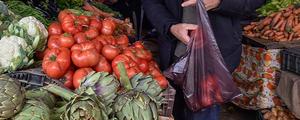
This World Food Day, read about how the new Global Diet Quality Project will gather current, comparable data on what people eat around the world.
